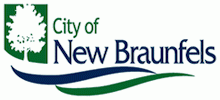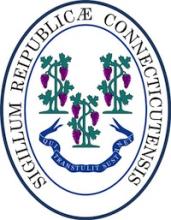Blue Ribbon Panel: The Public and Private Sectors Working Together
Like electricity in the last century, advanced communications services and capabilities can become the drivers and enablers of simultaneous progress in economic development, education, government services, digital equity, and just about everything else that matters most to our communities.
This Blue Ribbon Panel explores the challenges of establishing effective partnerships to bring better connectivity to local communities. The video is from the Broadband Communities Summit in Austin, Texas, on April 5 - 7, 2016.
Moderator: Lev Gonick - CEO, OneCommunity
Panelists:
Chris Mitchell – Director, Community Broadband Networks Initiative, Institute for Local Self-Reliance
Nicol Turner-Lee – VP and Senior Research and Policy Officer, Minority Media and Telecommunications Council
Rollie Cole – Senior Fellow, Sagamore Institute for Policy Research
Doug Kinkoph – Associate Administrator, NTIA







